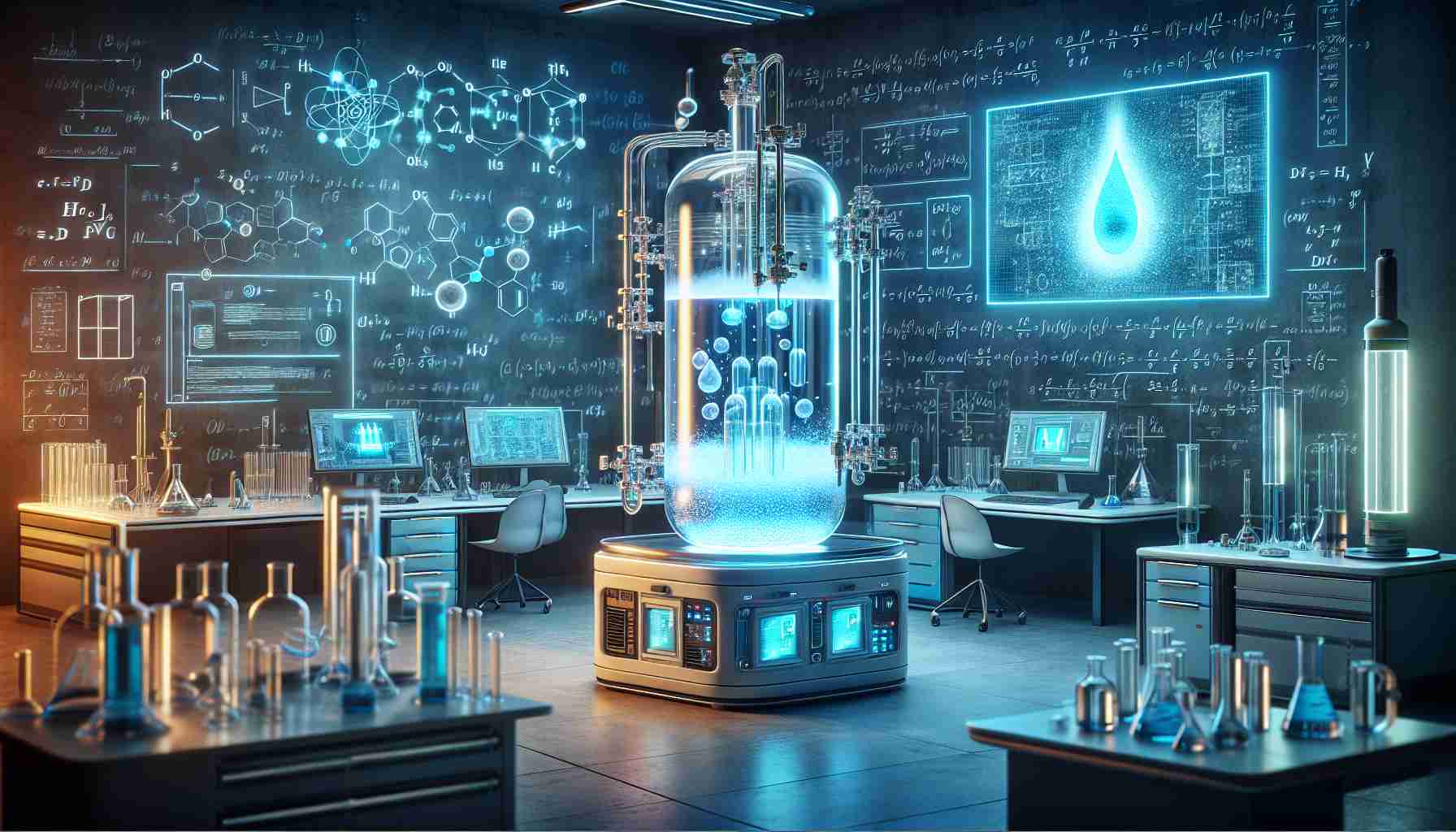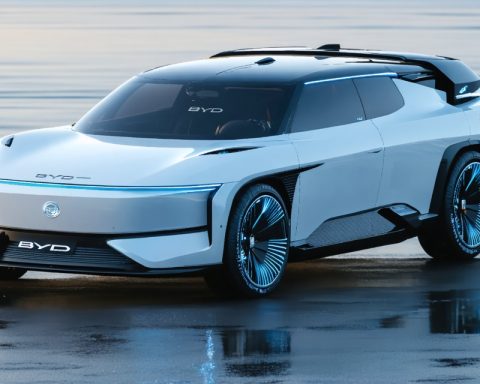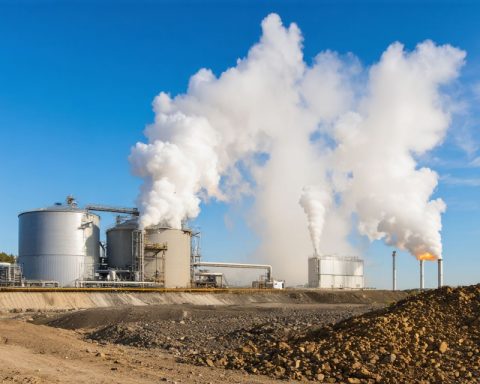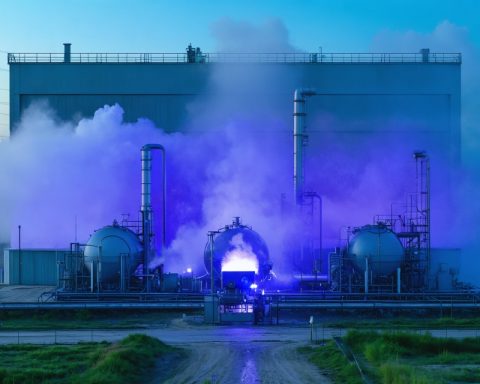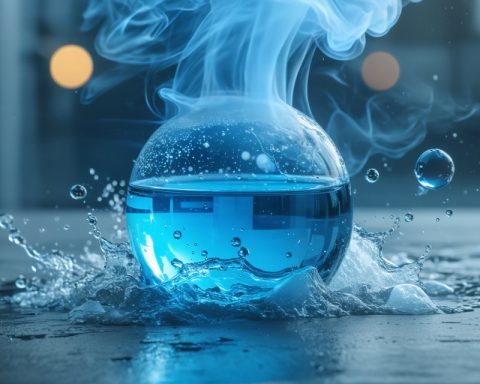Understanding the Clean Hydrogen Landscape
In the ever-evolving world of energy, clean hydrogen has emerged as a crucial player. The demand for reliable information on this subject is soaring, especially among executives and industry leaders. Our commitment is to provide not just headlines, but insightful, independent journalism that helps you navigate the complexities of the clean hydrogen market.
As the narrative around hydrogen develops, it’s essential to look beyond the excitement and potential hype. We focus on delivering accurate analysis that critically evaluates market trends and technological advancements. Our aim is to empower decision-makers by providing them with knowledge that allows for informed business strategies.
The clean hydrogen industry is not just about promises; it also involves challenges and opportunities that deserve attention. By offering a balanced perspective, we ensure that our readers are well-equipped to face the strategic decisions ahead. From operational insights to regulatory impacts, our reporting breaks down the essential information needed to thrive in this competitive sector.
Stay informed and ahead of the curve in the clean hydrogen space. Join us as we explore the facts that matter and help shape the future of energy with clarity and focus.
The Broader Implications of the Clean Hydrogen Shift
The transition toward clean hydrogen is poised to create significant ripple effects across society, culture, and the global economy. As nations strive to meet net-zero targets, hydrogen energy technology may catalyze a shift away from fossil fuels, potentially transforming energy dependency and geopolitical landscapes. Countries rich in renewable resources may emerge as new energy powerhouses, reshaping alliances and trade routes.
On a cultural level, the embrace of clean hydrogen can foster a greater societal acceptance of renewable energies. As hydrogen production becomes more mainstream, it can influence public perception, encouraging environmentally sustainable practices among individuals and businesses alike. This cultural shift can manifest in educational initiatives promoting hydrogen literacy, further embedding clean energy into societal norms.
From an environmental perspective, the shift toward hydrogen offers promising potential to reduce greenhouse gas emissions. However, the production methods, notably grey versus green hydrogen, will determine the ecological footprint of this energy source. The extensive reliance on water and renewable energy for green hydrogen highlights the need for sustainable water management practices and resilient energy infrastructure.
Looking ahead, investments in hydrogen technology, driven by both public and private sectors, are likely to spur innovation and improvement in efficiency. Future trends could see the establishment of a robust hydrogen economy, through advancements in storage and transportation, fundamentally changing the energy landscape for decades to come. The long-term significance of these developments is profound, with clean hydrogen positioning itself as a linchpin in the quest for a sustainable future.
The Future of Clean Hydrogen: Opportunities and Challenges Ahead
Understanding the Clean Hydrogen Landscape
The clean hydrogen market is burgeoning, driven by a global shift towards renewable energy and a commitment to reduce carbon emissions. As this industry grows, understanding its intricacies is essential for businesses and policymakers alike.
Current Trends in Clean Hydrogen
1. Market Growth: The clean hydrogen market is anticipated to grow significantly, with projections estimating a compound annual growth rate (CAGR) of over 15% in the forthcoming years. This growth is fueled by increased investments and advancements in hydrogen technology.
2. Government Policies: Countries worldwide are enacting supportive legislation for hydrogen initiatives, setting targets for hydrogen production that aligns with net-zero goals. The U.S., Europe, and Asia are leading the way with substantial funding and policy frameworks.
3. Technological Innovations: Recent advancements in electrolysis technology and hydrogen storage solutions are enhancing the efficiency and feasibility of clean hydrogen production. Innovations such as high-temperature electrolysis and membrane technology are pivotal in reducing production costs.
Pros and Cons of Clean Hydrogen
Pros:
– Sustainable Fuel Source: Clean hydrogen can be produced from renewable resources, making it an integral part of a sustainable energy future.
– Diverse Applications: It serves multiple sectors including transportation, industry (like steel production), and energy storage, thereby reducing reliance on fossil fuels.
Cons:
– High Production Costs: While prices are decreasing, the current cost of green hydrogen production remains relatively high compared to fossil fuels.
– Infrastructure Limitations: The existing infrastructure for hydrogen distribution and storage requires significant upgrades to support a wide-scale transition to hydrogen energy.
Use Cases of Clean Hydrogen
1. Transportation: Hydrogen fuel cell vehicles are proving to be an effective alternative to battery-electric vehicles, particularly for long-distance travel and heavy-duty applications.
2. Industrial Applications: Hydrogen is increasingly being utilized in industries such as chemicals and metallurgy to replace fossil fuel-derived hydrogen, contributing to significant reductions in CO2 emissions.
3. Energy Storage: Hydrogen offers a unique solution for energy storage, enabling renewable energy to be stored and utilized more effectively to meet demand fluctuations.
Security Aspects and Sustainability
The clean hydrogen sector faces security challenges, including the need for robust regulations to prevent misuse and ensure safe handling. Sustainability also remains a focal point; the sourcing of hydrogen must prioritize environmentally-friendly methods to avoid negating its benefits.
Market Analysis and Pricing
Current pricing models for clean hydrogen vary widely based on production methods. Electrolytic hydrogen can cost between $4 to $6 per kilogram, while steam methane reforming (without carbon capture) ranges from $1 to $2 per kilogram. The price is expected to fall as technologies improve and economies of scale are realized.
Predictions for the Future
Experts predict that within the next decade, clean hydrogen could become a dominant energy carrier, akin to electricity today. Increased efficiency, reduced costs, and supportive policy frameworks are expected to drive the adoption of hydrogen technologies at an unprecedented pace.
Conclusion
The clean hydrogen landscape is rich with potential but also fraught with challenges that require informed decision-making. By keeping abreast of current trends and understanding the complexities of this market, stakeholders can navigate the evolving energy paradigm effectively. For more insights on clean hydrogen developments, visit Clean Hydrogen for comprehensive industry coverage.
